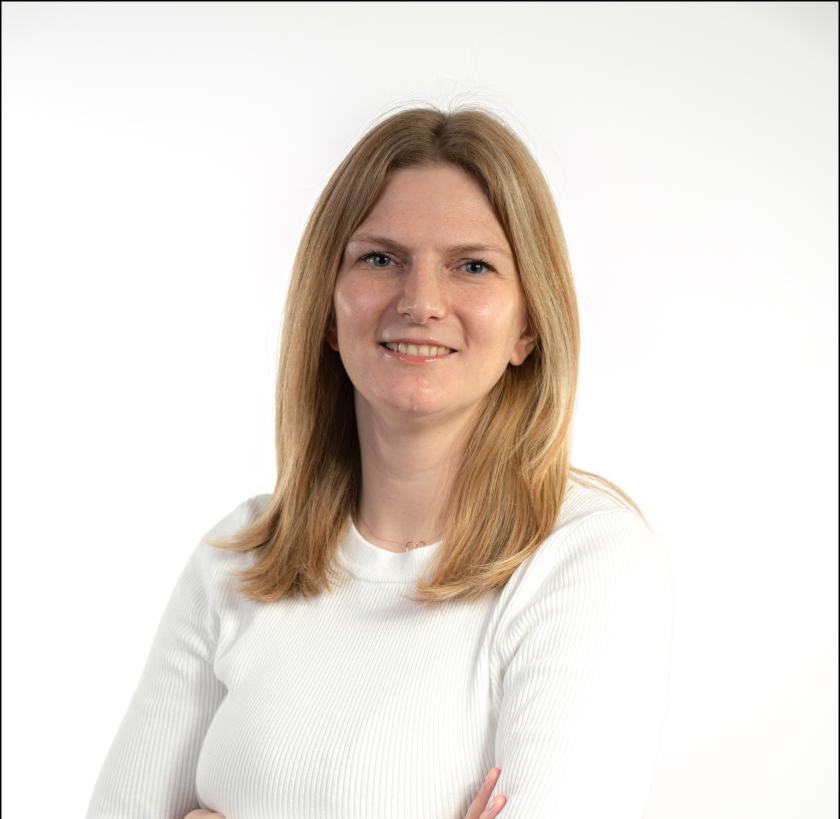Welcome to the latest instalment of Managing IP’s ‘Five minutes with’ series, where we learn more about IP practitioners on a personal as well as a professional level. This time we have Loes van den Winkel, a trademark and design attorney at Arnold & Siedsma in the Netherlands
Someone asks you at a party what you do for a living. What do you say?
I am a trademark and design attorney, meaning that I help companies protect and defend their intellectual creations, be it a name, logo, or a newly designed chair or coffee machine.
In Dutch my profession is called ‘merken en modellengemachtigde’. ‘Modellen’ translates to both ‘designs’ and ‘(fashion) models’. Some people think I manage fashion models and they are rather disappointed when I tell them that I am just a boring lawyer.
Talk us through a typical working day.
I don’t think there are ‘typical’ working days in our profession, although it is quite typical that the day you had planned will change throughout the day, sometimes after the first glance of emails in the morning. Tasks typically include meetings with clients, visiting an incubator, reviewing an existing IP portfolio, discussing the content of an IP event, and preparing arguments.
What are you working on at the moment?
I feel like I am always working on a hundred things at once. I am working with a start-up that is filing its first trademarks and designs, a tech company that already owns an extensive patent portfolio and is currently exploring trademark protection, two high-tech companies for which we filed several applications in recent years that are now in the prosecution phase, as well as an EU cancellation procedure.
Does one big piece of work usually take priority or are you juggling multiple things?
From my previous answer, it will be clear that I am always juggling multiple things. This suits me well and is one of the reasons why I like my profession. Of course, there are some bigger tasks, such as preparing arguments or an agreement, that take priority over smaller tasks, but I am rather happy that my work consists of both types of tasks.
What is the most exciting aspect of your role and what is the most stressful?
The most exciting part is meeting with a client that has developed a new product or service. Their excitement about their product or service is very contagious and stimulates me to help them to maximise value.
At times the workload is quite challenging. Being able to prioritise is key.
Tell us the key characteristics that make a successful IP lawyer/practitioner.
A successful trademark and design attorney can get a good understanding of what the client wants and then translate that into practical advice. Being upfront and telling your client when they are better of not doing something, for example filing an application or opposition, is part of that.
What is the most common misconception about IP?
That it only costs money. From the perspective of a start-up, I can see why it’s hard to understand the value of IP protection, as it’s intangible. If you obtain a trademark registration and you never have to enforce it, it may seem like mere costs rather than value.
But as IP lawyers we all know examples of companies that thought about IP protection too late, or, in contrast, a company that did think about it and was able to sell the company for a higher price due to their IP.
It is our task to educate our clients in that respect.
What or who inspires you?
Young entrepreneurs who soak up our advice and take their first steps with us in protecting their IP.
If you weren’t in IP, what would you be doing?
I would probably be a consultant in some sense. Helping clients is what gives me energy, so if my advice did not relate to IP, it could be anything else, from finance to marketing and everything in between.
Any advice you would give your younger self?
When I first started to apply for jobs after I graduated from law school, and I asked friends and acquaintances who seemed content in their roles how they landed their roles, the most common answer was that it was more or less by chance.
This happened to me, too. I would advise my younger self to trust that you will be led to a role you will be happy in.










